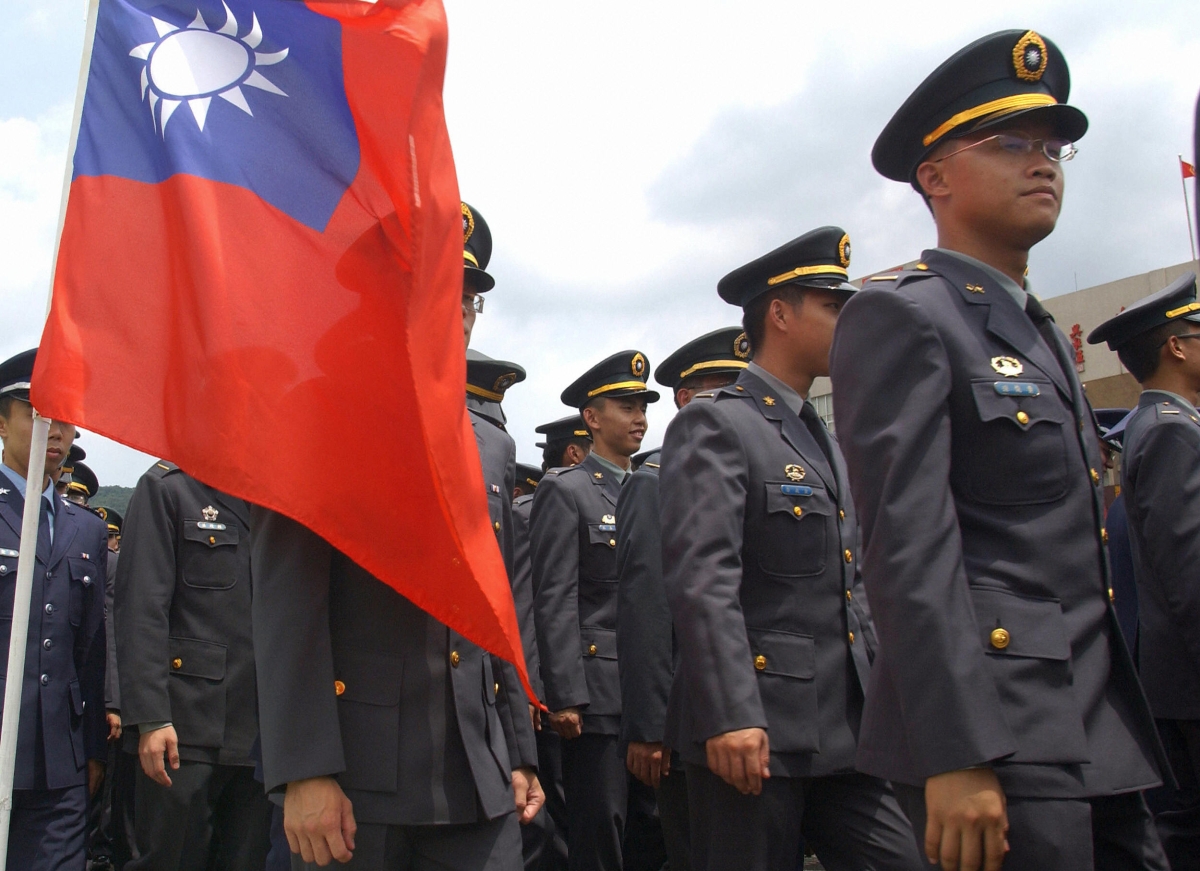Don't Panic About Taiwan
Foreign Affairs

The following is an excerpt from an op-ed by Jessica Chen Weiss, Senior Fellow at the Asia Society Policy Institute's Center for China Analysis originally published in Foreign Affairs.
In the West and parts of Asia, concern is mounting that China might invade Taiwan to distract from mounting domestic challenges or because Chinese leaders imagine that their window of opportunity to seize the island is closing. Facing an economic slowdown and rising unemployment, some analysts argue, Beijing might be tempted to launch a military offensive to rally popular support. In January 2023, for instance, Taiwan’s foreign minister, Joseph Wu, speculated that Chinese President Xi Jinping might create an external crisis “to divert domestic attention or to show to the Chinese that he has accomplished something.”
Other analysts warn of an impending war because China’s rise is slowing. In their view, Beijing might try to seize the opportunity to use force against Taiwan while it has the advantage. Admiral Mike Gilday, chief of U.S. naval operations, suggested in October 2022 that China could try to take Taiwan as early as 2022 or 2023. Other U.S. officials, including Mark Milley, the chairman of the Joint Chiefs of Staff, and William Burns, the director of the Central Intelligence Agency, have cautioned that Xi has not yet decided to invade Taiwan. But there is growing concern among some Western security analysts and policymakers that once the People’s Liberation Army (PLA) believes it has the military capability to invade Taiwan and hold the United States at bay, Xi will order an invasion.
Fears that China will soon invade Taiwan are overblown. There is little evidence that Chinese leaders see a closing window for action. Such fears appear to be driven more by Washington’s assessments of its own military vulnerabilities than by Beijing’s risk-reward calculus. Historically, Chinese leaders have not started wars to divert attention from domestic challenges, and they continue to favor using measures short of conflict to achieve their objectives. If anything, problems at home have moderated Chinese foreign policy, and Chinese popular opinion has tended to reward government bluster and displays of resolve that do not lead to open conflict.
If Western policymakers exaggerate the risk of a Chinese invasion of Taiwan, they might inadvertently create a self-fulfilling prophecy. Instead of worrying that Beijing will gin up a foreign crisis to bolster its standing at home or assuming that Beijing feels pressured to invade in the near term, the United States should focus on arresting — or at least decelerating — the action-reaction spiral that has steadily ratcheted up tensions and made a crisis more likely. That does not mean halting efforts to bolster Taiwan’s resilience to Chinese coercion or to diversify the United States’ defense posture in the region. But it does mean avoiding needless confrontation and identifying reciprocal steps that Washington and Beijing could take to lower the temperature.
The hard but crucial task for U.S. policymakers is to thread the needle between deterrence and provocation. Symbolic displays of resolve, unconditional commitments to defend Taiwan, and pledges of a surge in U.S. military power in the region could stray too far toward the latter, inadvertently provoking the very conflict U.S. policymakers seek to deter.

